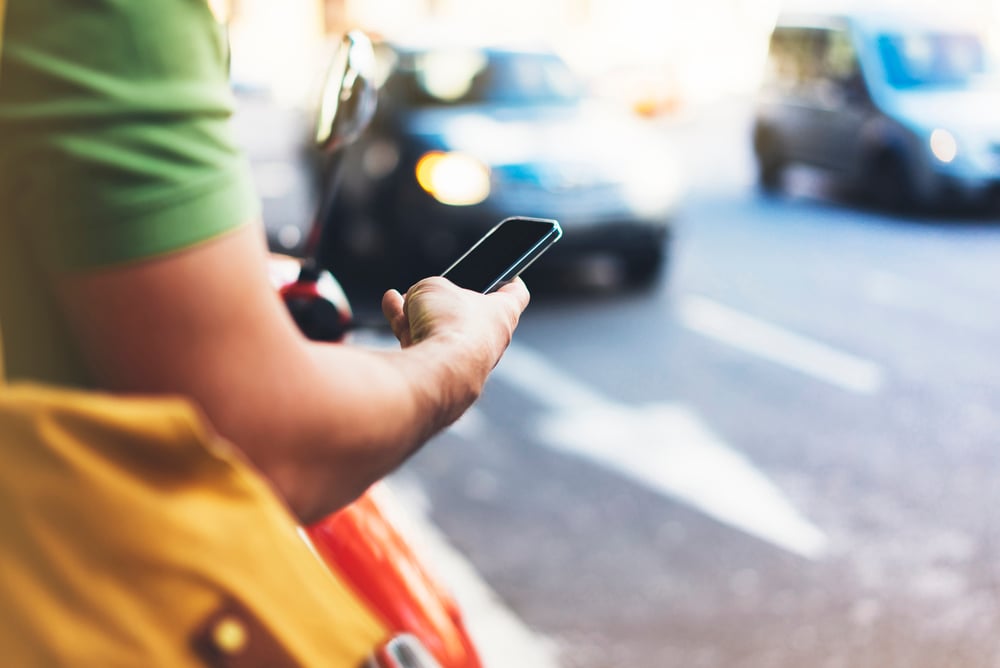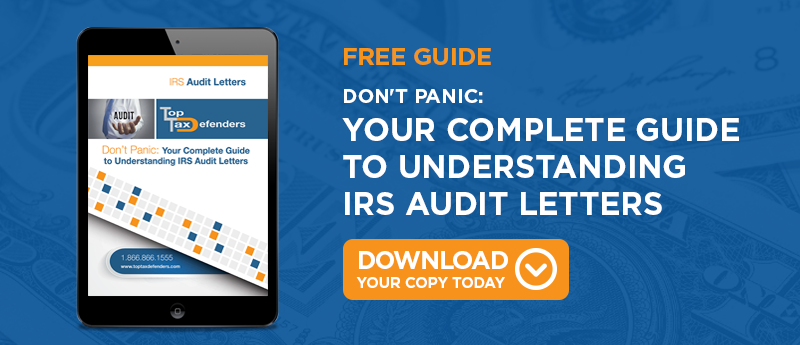
Scammers and identity thieves are always on the lookout for easy targets. However, they are at their busiest during tax season. During this hectic time of year, these criminals launch realistic scams that aim to steal money and identities from unknowing individuals.
Because these attempts to steal your money and identity can be easily passed off as legitimate IRS communications, it is vital that you know exactly how the IRS will contact you if needed. This information can help protect your bank account and privacy and stop these scams altogether.
Common IRS Scams Today
Identity thieves most often contact people via the telephone or by email. These modes of communication are cheap, easy and readily available.Even more, many people assume that the IRS would use these common methods to contact taxpayers. However, an IRS phone scam takes on notable characteristics that should tip you off that something is amiss.
First, the caller will tell you that you owe the government money and demand that you pay this bill immediately over the phone. He or she may be overly aggressive and threatening when speaking with you and also lack proper phone etiquette.
Second, if you refuse to comply with the caller's demands, this person may try to coerce you by:
- Threatening to call the police
- Saying you will be arrested and put in jail for refusing to pay
- Threaten you with deportation or suspension of your driver's license
- Stating that you will lose your home, car or other assets if you do not pay
- The person uses a common last name and gives you his or her badge number
- You hear background noise that sounds like a busy call center
- The caller may be able to state the last four of your Social Security number
- The caller ID may show that the call comes from your local law enforcement agency or the IRS, a practice known as spoofing, or using fake information to make the call and caller seem legitimate
Some tax scammers also pair their phone calls with emails. Shortly after you get a scam phone call, you may get an email that appears to be from the IRS. You should not open the email because it more than likely is a phishing scam or contains malware that could steal your personal information from your computer.
Legitimate IRS Communication Methods
With these scams making their way across the country, the IRS wants you and the public to know how it will contact you if needed. First, it will never call or email you about your account. If it needs to contact you, you can expect to receive a letter by First Class or certified mail.Second, the letter from the IRS will have a code on it that indicates for what purpose it was sent. For example, the code CP01 indicates that the agency suspects that your identity has been compromised and needs you to verify your name, address, and other personal details.
If you get a letter and are still suspicious, you can always contact the agency at its toll-free number, 1-800-829-1040. The IRS will not ask for personal details, credit card or checking account information, or other sensitive details about you and your finances via email or by phone.
Stopping IRS Scams
You can also take steps to safeguard your privacy and tax information by being careful to whom you provide these details. Scammers get people's phone numbers, email addresses, Social Security numbers, and even banking information through:- Fake charity donation requests
- Fraudulent tax preparation services
- Phishing emails and phone calls that seem to come from authentic businesses like utility or credit card companies
You should avoid giving out these details to people over the phone or by email. Legitimate businesses will rarely ask for such information through these communication means and instead ask that you speak to them in-person to safeguard your privacy.
IRS scams cost taxpayers millions of dollars each year. You can avoid becoming a victim by learning how these thieves commonly reach their targets and by understanding how the IRS will contact you if or when the need arises.




